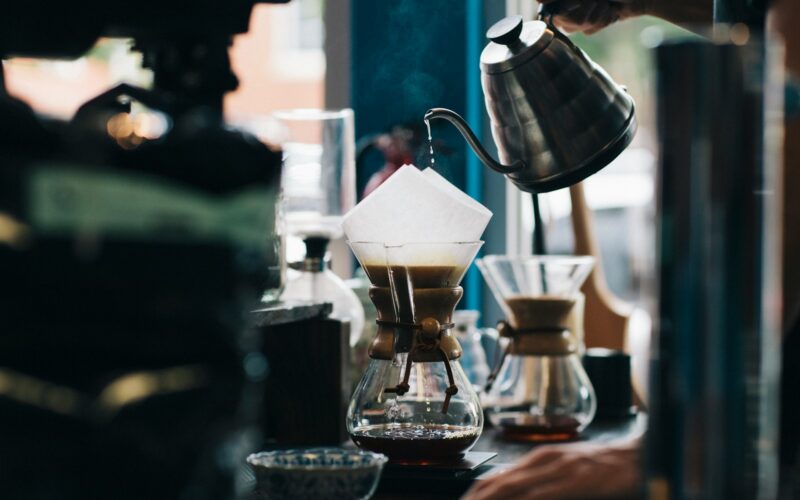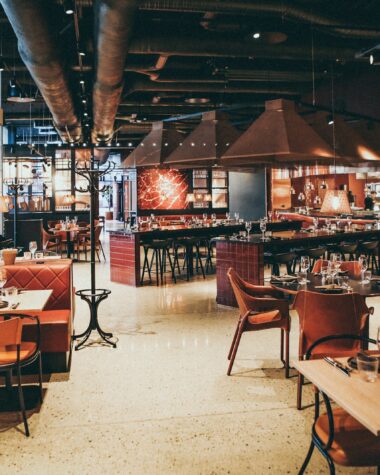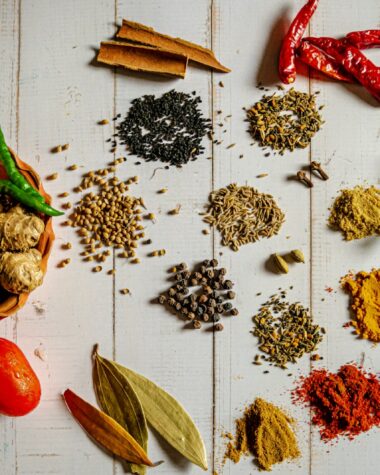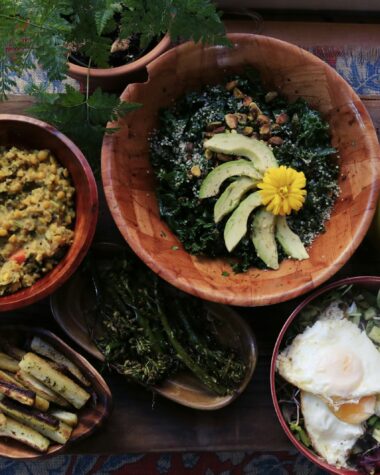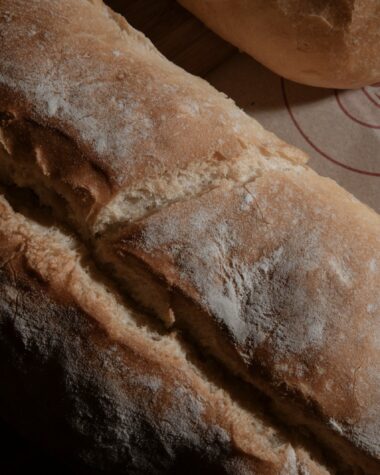Coffee is more than a drink—it’s a ritual, a conversation starter, and a window into culture. In 2025, coffee continues to be one of the most universal beverages, yet the way it’s prepared, served, and enjoyed varies dramatically across the globe. From bustling markets to quiet morning routines, each coffee tradition tells a story about the people, their history, and the values they hold.
Exploring coffee rituals reveals how deeply intertwined food and culture are. A cup of coffee can signify hospitality in one country, mark a spiritual practice in another, or simply provide a moment of pause and reflection. These rituals are often subtle, passed down through generations, and full of unique techniques, flavors, and ceremonies that make each sip memorable.
1. The Art of Turkish Coffee
Preparation as Ceremony
In Turkey, coffee isn’t just brewed; it’s an art form. Finely ground beans are simmered slowly in a small copper pot called a cezve, often with sugar added according to taste. The foam that forms on top is crucial, and pouring it correctly requires skill.
More Than a Drink
Turkish coffee is deeply social. Served in small cups, it accompanies conversations, family gatherings, and even fortune-telling through the coffee grounds left in the cup. The ritual itself is as significant as the taste.
2. Italian Espresso Culture
Quick but Ritualistic
Italy’s coffee culture is fast-paced yet deeply traditional. Standing at a bar to drink a freshly pulled espresso is a morning ritual for many. The focus is on precision—the right pressure, temperature, and timing create a perfect shot.
Daily Connection
Espresso bars act as social hubs. They are places for a brief pause, a friendly chat, or a daily habit shared with neighbors. Each cup is a small but essential part of Italian daily life.
3. Ethiopian Coffee Ceremony
A Spiritual Experience
Ethiopia, often called the birthplace of coffee, elevates the drink into a ceremony. Green beans are roasted over an open flame, ground by hand, and brewed in a clay pot called a jebena. The aroma fills the room, inviting community members to gather.
Hospitality and Connection
Coffee in Ethiopia is a sign of respect and hospitality. The ceremony can take hours, involving multiple servings, and is accompanied by conversation, reflection, and storytelling.
4. Middle Eastern Coffee Rituals
Arabic Coffee Traditions
In countries like Saudi Arabia, Jordan, and the UAE, Arabic coffee, or qahwa, is brewed with cardamom and sometimes saffron. It’s served in small cups without handles, often accompanied by dates.
Etiquette and Respect
Serving coffee is an art of hospitality. Guests are honored, and pouring the cup to the brim or leaving it empty conveys subtle cultural messages. These rituals underscore generosity and respect in social interactions.
5. Japanese Coffee Practices
Precision and Mindfulness
In Japan, coffee is often prepared using pour-over techniques, focusing on clarity, aroma, and balance. Each step is deliberate, with attention to temperature, water flow, and bean quality.
Cultural Reflection
Japanese coffee rituals reflect broader cultural values of mindfulness, patience, and respect for craft. Drinking coffee becomes an act of contemplation, not merely consumption.
6. South American Traditions
Colombian Coffee Plantations
In Colombia, coffee rituals begin at the farm. Freshly picked beans are roasted and brewed, emphasizing freshness and flavor. Sharing coffee with neighbors or travelers is an integral part of daily life.
Brazilian Café Culture
Brazilian coffee often accompanies leisurely social gatherings, with small cups served throughout the day. It’s about enjoyment, conversation, and connection rather than speed or efficiency.
7. Specialty Coffee Movements
Global Innovation
In 2025, specialty coffee shops around the world are blending tradition with innovation. Latte art, cold brews, and alternative milk options offer new ways to experience coffee while respecting cultural roots.
Community and Education
These cafes often educate customers about origin, bean quality, and preparation methods, turning a simple cup into a learning experience and celebration of global diversity.
8. Coffee and Ceremony in Daily Life
Marking the Day
Coffee rituals often serve as markers of time—morning, mid-afternoon, or post-dinner. They provide structure and create moments of pause in otherwise busy days.
Ritual as Memory
The way coffee is prepared, the setting, and the company contribute to lasting memories. A morning espresso in Rome, a traditional ceremony in Addis Ababa, or a cup shared in a bustling café creates personal and cultural connections that linger.
9. What NOT to Do When Experiencing Coffee Rituals
Rushing Through the Experience
Many travelers make the mistake of treating coffee purely as caffeine. Missing the ritual, etiquette, and social context diminishes the richness of the experience.
Ignoring Local Customs
In some cultures, how you drink, serve, or even accept coffee carries meaning. Respecting these customs ensures an authentic and meaningful experience.
10. Why Coffee Rituals Matter in 2025
Connection Across Cultures
Coffee rituals show how a simple beverage can connect people across time and space. Despite differences in preparation and tradition, the shared love of coffee fosters understanding and community.
A Reminder of Slower Living
In a fast-paced world, these rituals encourage mindfulness, reflection, and social connection. They remind us that even everyday acts, like drinking a cup of coffee, can be meaningful and culturally rich.
Conclusion
Coffee rituals are more than ways to enjoy a drink—they are expressions of culture, history, and community. From Ethiopian ceremonies to Italian espresso bars, Japanese precision, and Arabic hospitality, each tradition offers a unique lens on human connection and creativity.
In 2025, exploring these rituals reveals that coffee is not just a beverage—it’s a shared experience, a moment of pause, and a story steeped in history. For travelers and locals alike, every cup is an invitation to connect with the world and savor life one sip at a time.
